Flat-Coated Retriever
No products found which match your selection.
Shelter Dog Meal Donation Count:
No products found which match your selection.
The Flat-Coated Retriever is a cheerful and active dog, originally bred for retrieving game in water and on land. They are often described as “forever young” due to their playful and puppy-like demeanor well into adulthood.
The Flat-Coated Retriever is a multi-talented breed, adept in various canine sports and activities, and is especially proficient in retrieving both on land and in water.
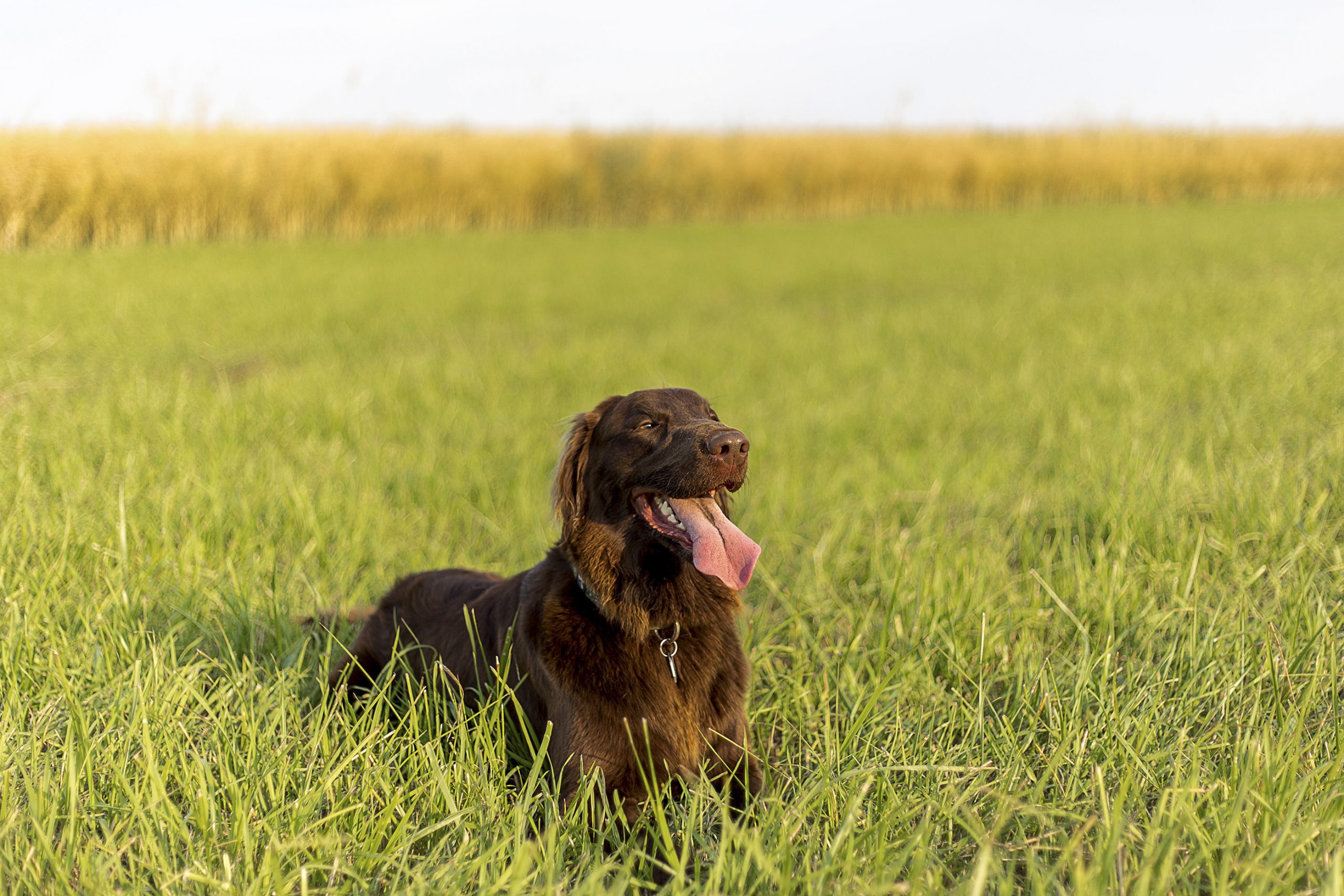
Originating in the United Kingdom in the 19th century, the Flat-Coated Retriever was developed as a dual-purpose retriever. The breed was particularly popular among gamekeepers for its hunting skills and good temperament.
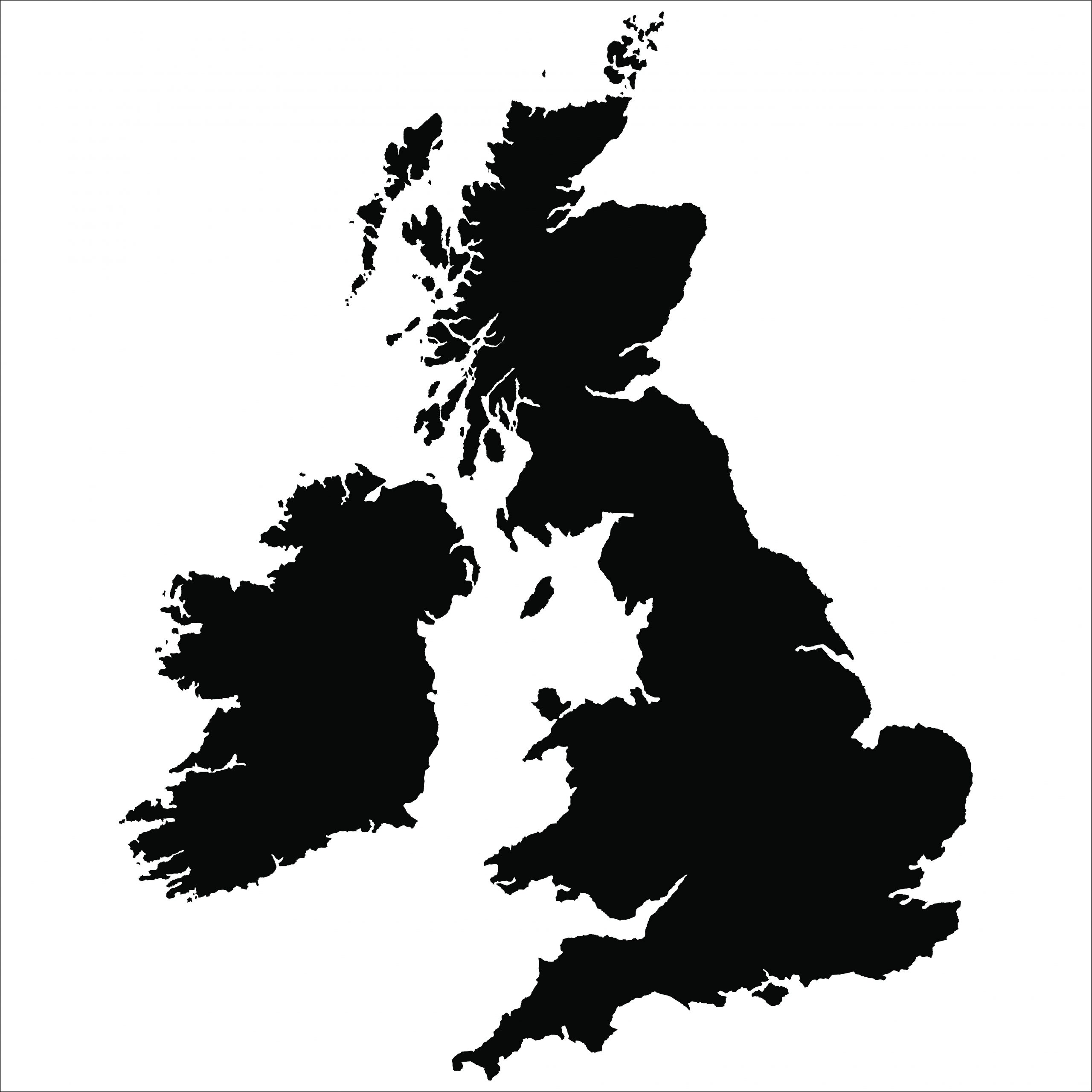
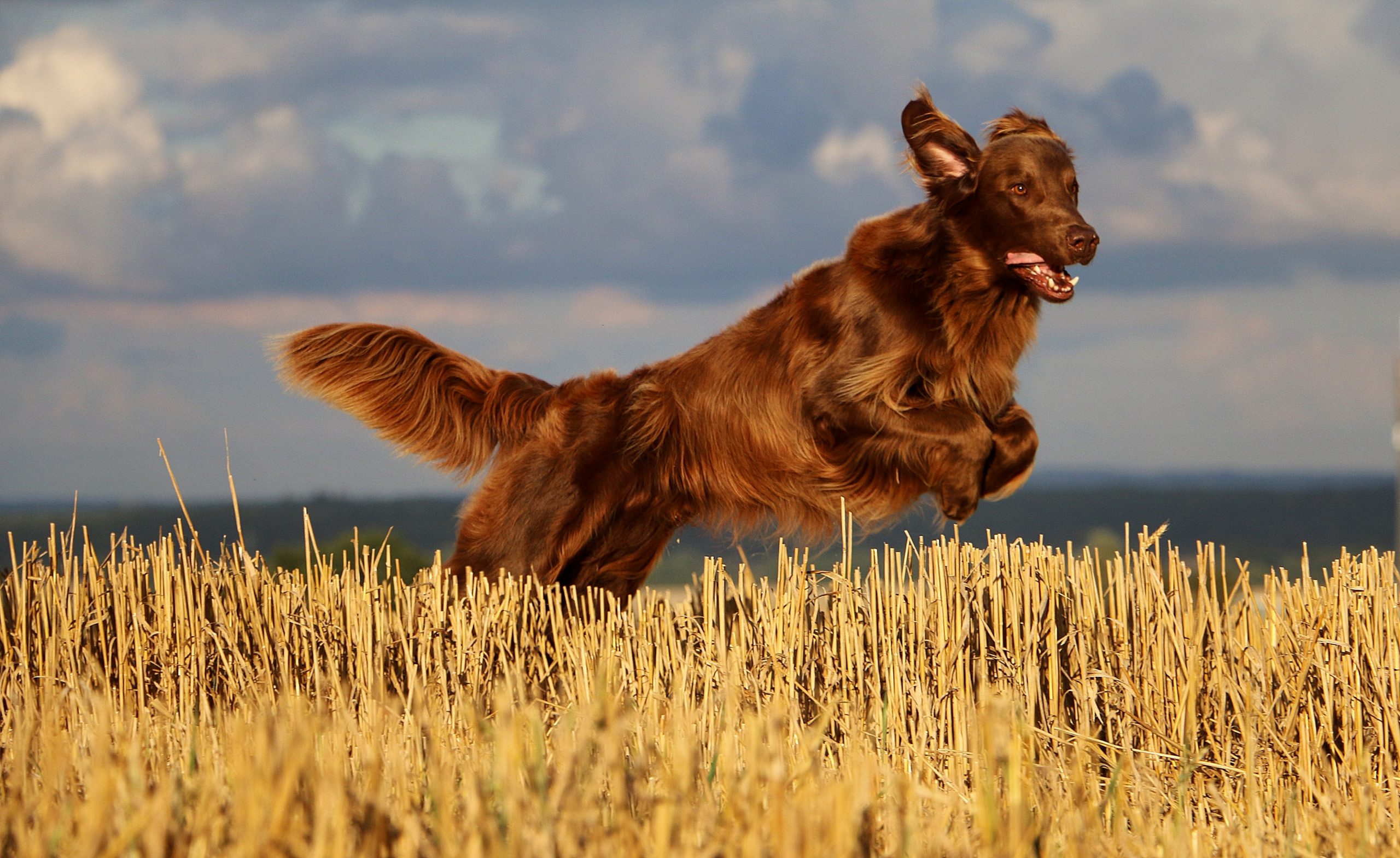
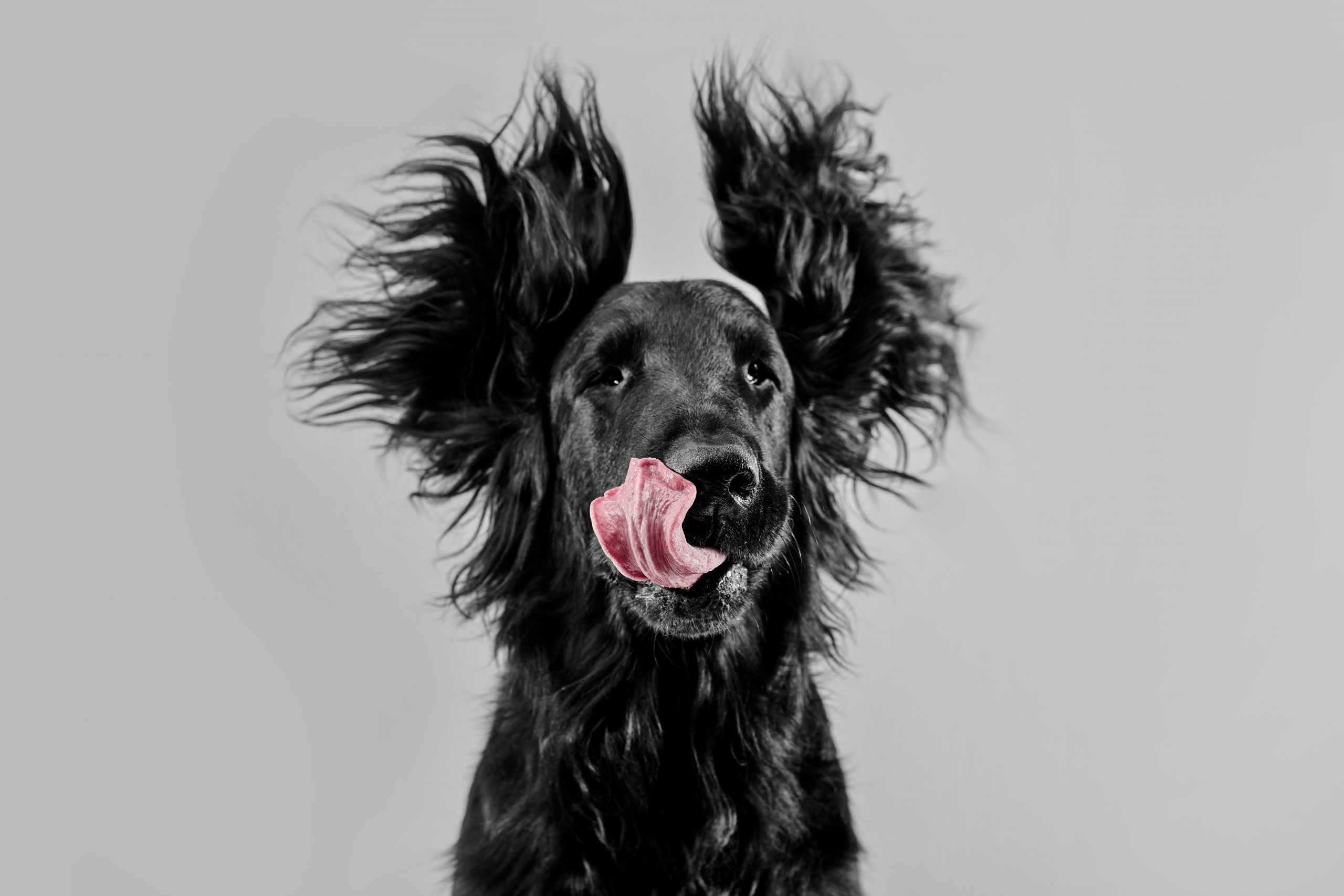
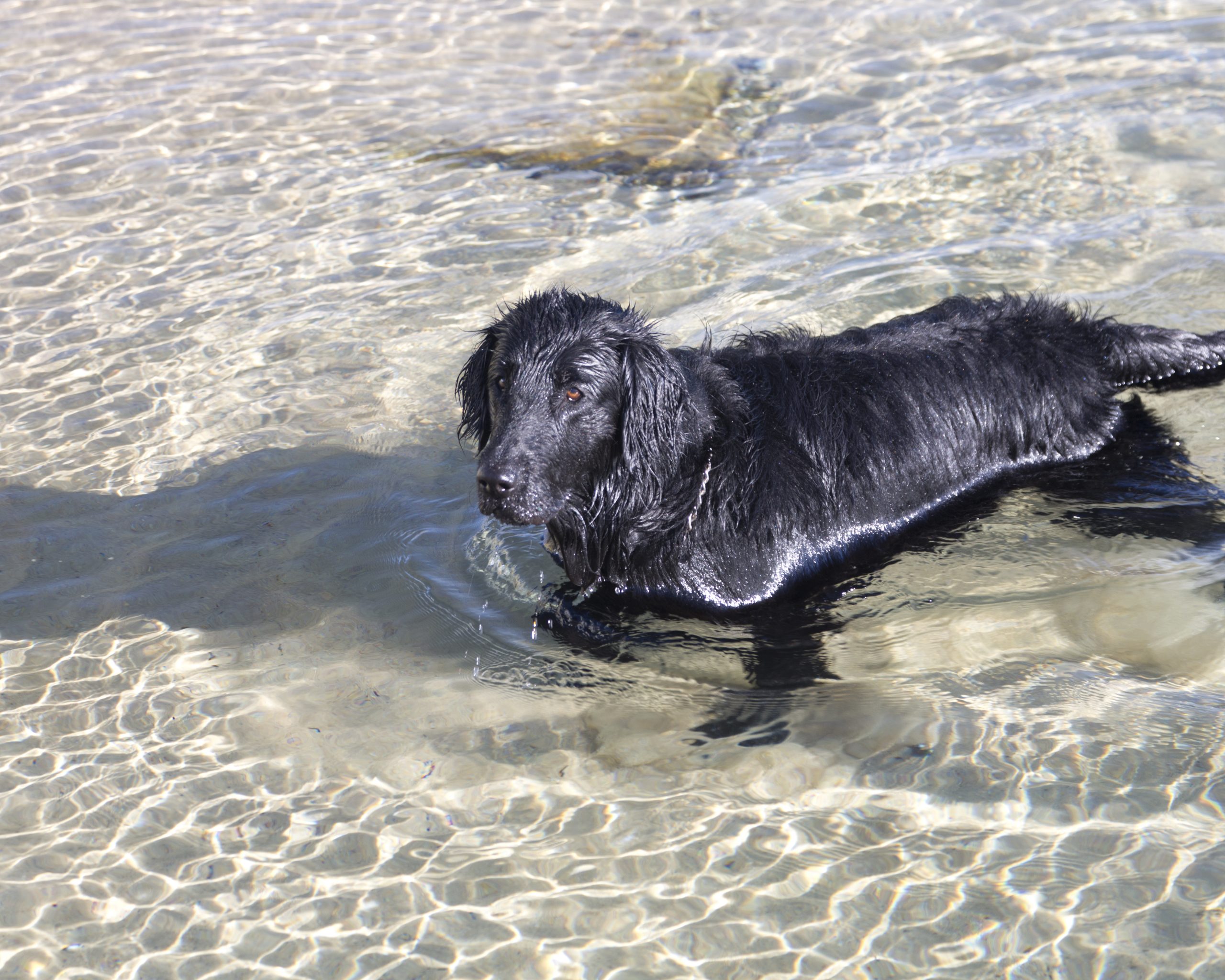
Prone to health issues like cancer, hip dysplasia, and eye problems. Regular health screenings and genetic testing are recommended.
Their coat requires regular brushing to maintain its luster and prevent matting. Weekly grooming and occasional baths are sufficient.
High energy levels necessitate daily physical activity. They thrive on activities like running, swimming, and playing fetch.
Highly intelligent and eager to please, they excel in obedience training. Positive reinforcement techniques work best.
A balanced diet suitable for their size, age, and activity level is crucial. Portion control is important to maintain a healthy weight.
Flat-Coated Retriever is an ideal breed for active families or individuals looking for a playful, loving, and energetic dog. They can be a delightful and devoted companion with proper care, training, and nutrition.
The Flat-Coated Retriever, known for its cheerful and energetic personality, is generally healthy but can be predisposed to certain health issues. Awareness and appropriate health testing can help maintain their well-being. Here's a list of common health issues in Flat-Coated Retrievers and the recommended tests for these conditions:
Ensuring that Flat-Coated Retrievers undergo these health tests can help in early detection and management of these conditions. Regular veterinary check-ups, a balanced diet, and maintaining a healthy lifestyle, including appropriate exercise, are key factors in promoting the long-term health of Flat-Coated Retrievers.
The iHeartDogs Free Rx Discount Card Program is a pet prescription discount card that can help you save money on your furry friend’s medications. The card is free to sign up for, and you can use it at participating pharmacies nationwide. To use the free program, simply show the card to your pharmacist when you pick up your pet’s prescription. The pharmacist will then scan the card, and you will receive a discount on the price of the medication.LEARN MORE
Caring for a Flat-Coated Retriever involves various expenses, and the total annual cost can vary depending on factors like your location, the dog’s individual health needs, and the standard of care you provide. Here’s a breakdown of the typical expenses involved in caring for a Flat-Coated Retriever:
Total Estimated Annual Cost:
$2400 - $6500
It's important to note that these figures are estimates and can vary. Also, the first year of owning a dog can be more expensive due to one-time costs like spaying/neutering, initial vaccinations, and training. Regular budgeting for your dog's needs and an emergency fund for unforeseen costs are essential for responsible pet ownership.